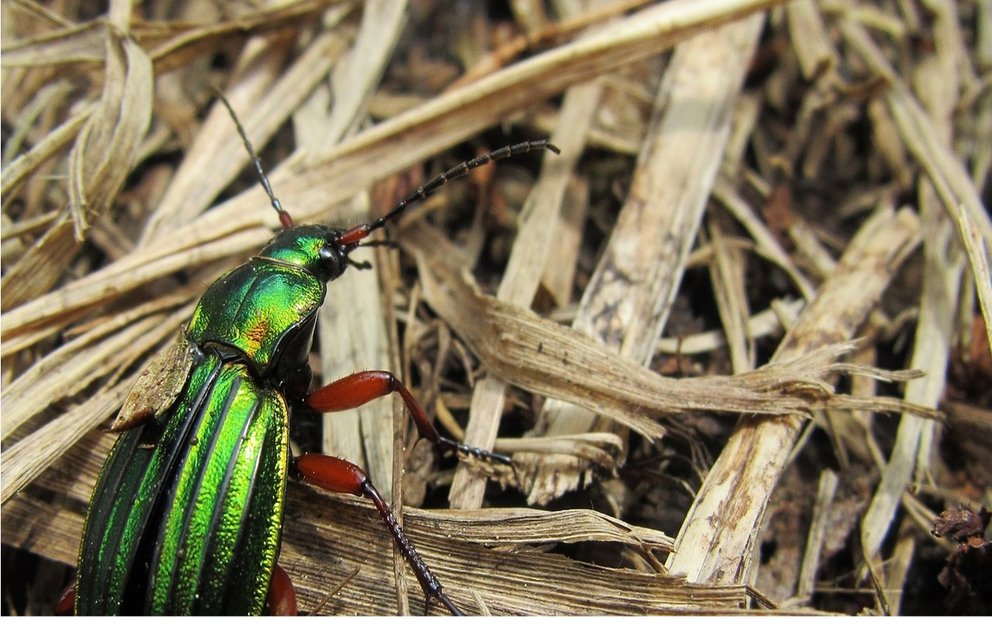
IMPRESS
Improving agrobiodiversity for resilient pest control services across landscapes
The European agricultural landscape used to be a mosaic of natural or semi-natural habitats interconnected by farmed fields. In this landscape, intensive land use have degraded biodiversity to the point where the ecosystem services (e.g. pest control, pollination, decomposition) are unreliable. Therefore most of Europes agriculture have to compensate for the lack of these services by using chemical inputs and intensive management to ensure yields. This is an downward spiraling and unsustainable situation, that climate change will aggravate unless we adapt more ecosystem friendly farming practices. To do this, we should aim at (i) developing targeted management alternatives that are ecosystem friendly but still high yielding and (ii) engaging policy makers to adapt agro-environmental schemes to be more attractive and effective than the current ones.
In this project we are:
•Assessing the functions provided by the carabid community in climate regions across Europe
•Describing how the activity of each beetle species is changing across climate, habitat, and diurnal and seasonal phenology
•Testing how we can make a greater part of the carabid community contribute to pest control as well as how we can make this provisioning reliable under different disturbances (climate, and management)urban mosaic?
This project is funded by SusCrop-ERA-NET and FACCE-JPI. It is an international project involving Austria, Sweden, Germany, Italy and Lithuania.
AAE members involved in the IMPRESS project: Oskar Rubbmark, Philippe Belliard & Michael Traugott

